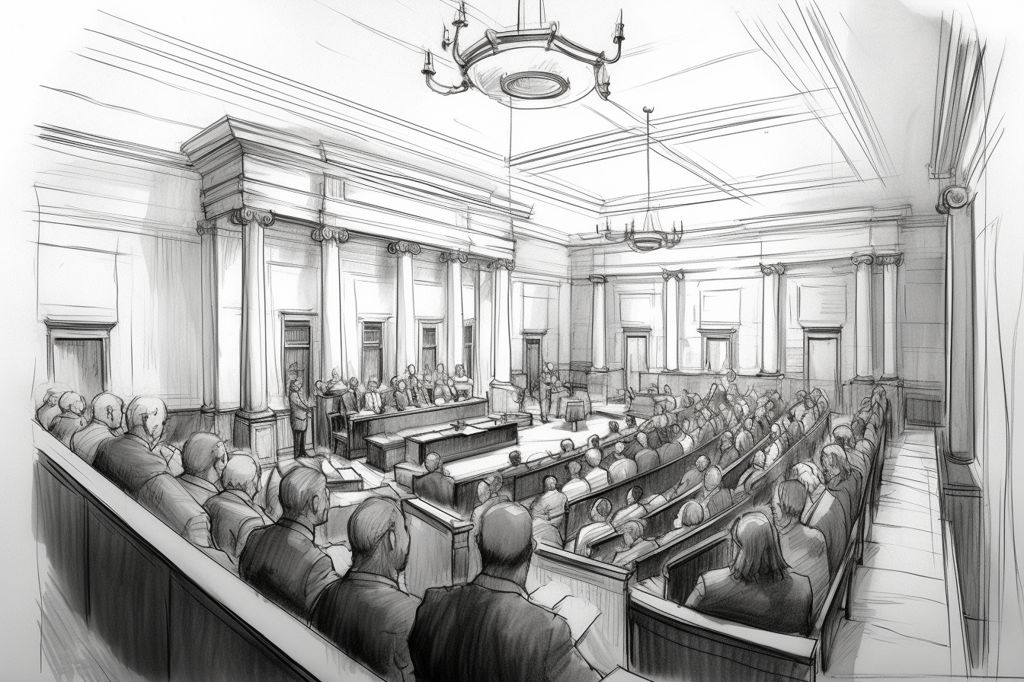The fight against corruption in South Africa has reached a significant milestone as the Independent Police Investigative Directorate (IPID) charges two retired and one serving General of the South African Police Service (SAPS) for alleged involvement in corrupt activities. The case stems from a 2016 hiring process where the accused Generals allegedly tampered with scoresheets during interviews, leading to the appointment of an unqualified candidate.
IPID’s Role in the Investigation
IPID’s investigation highlights the importance of having an independent body that can scrutinize and hold accountable law enforcement personnel engaging in corrupt practices. The IPID is committed to ensuring transparency, fairness, and integrity within the police force and has been forthcoming with information about the case.
The Accused Generals to Appear in Court
The accused Generals are set to appear in the Tshwane Magistrate Court on June 28, 2023, for their first appearance. A fair trial will not only hold the accused accountable for their actions but also serve as a deterrent to other potential corrupt officers.
Corruption’s Impact on Law Enforcement and the Community
Corruption within law enforcement agencies has far-reaching consequences, eroding public trust and confidence in their ability to serve and protect the community. Unqualified or corrupt officers undermine the efficiency and effectiveness of the entire organization, putting citizens’ safety at risk.
A Reminder to All Stakeholders
The ongoing legal proceedings serve as an opportunity for SAPS to reflect on its internal processes and implement reforms that will restore public trust. Such reforms could include stricter oversight of appointment procedures, enhanced transparency in decision-making, and continuous training for officers on ethical conduct.
The Fight Against Corruption
The case against these SAPS Generals sends a powerful message to both law enforcement officers and the public at large: corrupt actions will not be tolerated, and those found engaging in such practices will face legal action. Combating corruption requires a collective effort involving both law enforcement agencies and the public. Only through constant vigilance and commitment can corrupt practices be combated, and integrity restored within SAPS.












